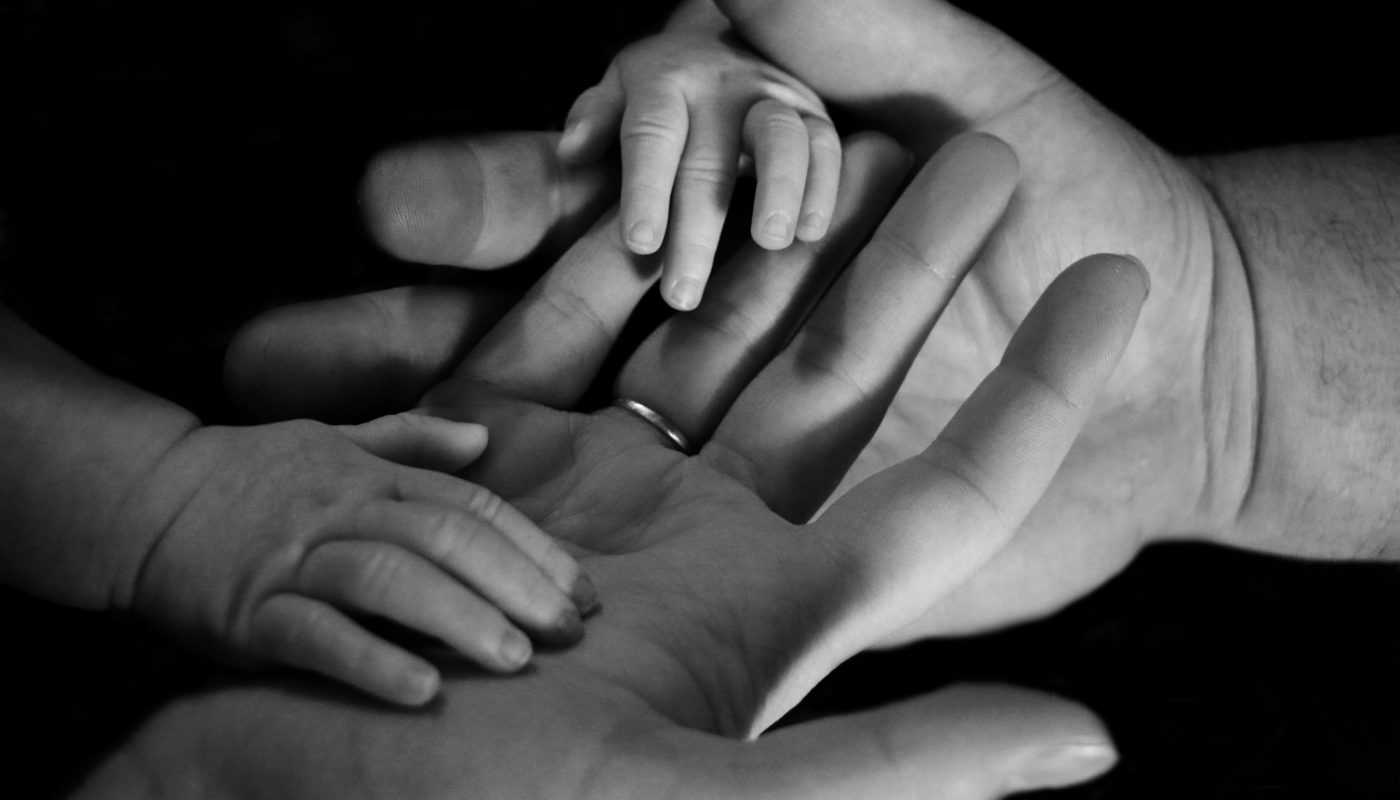Prenatal
Whilst pregnancy is an experience full of growth, change, enrichment, and challenge, it is also a time when you as a couple confront your fears and expectations about becoming parents and begin to determine your own parenting style. In addition to your physical health, your emotional well-being and mental outlook can also play important roles throughout your pregnancy. During the nine months, emotion’s can range from the highs of feeling overjoyed and excited about having a baby to the lows of feeling impatient, worried and terrified as the delivery and motherhood approaches.
Pregnancy can also bring up other issues, such as difficult family relationships, insecurities and unrealistic personal expectations, which may have previously been suppressed or ignored.
Postpartum
For most women, the first weeks and months after childbirth is a time of emotional upheaval. Intense feelings of joy, exhaustion, fatigue, confusion, loneliness, disappointment, anger, fear, and happiness are all common. The transition to parenthood can be a difficult one as you may feel life will never be quite the same. You redefine who you are and find that you are often expected to put your baby’s needs before your own. It sometimes feels as though caring for a totally dependent infant is too heavy a burden. It’s not unusual to feel that your life has changed too radically and all that’s left is feeding, changing, and soothing an infant.
You are likely to feel that you have less time for yourself, your partner or older children. It could be that the depth of your feelings may be related to hormonal changes, fatigue and lack of sleep. It may also be related to the level of support you have at home, your feelings about your childbirth experience, and the individual needs of your baby.
Pregnancy & childbirth can evoke unpleasant feelings for some parents. It’s both a significant and happy event but the thrill and reward can also sit next to difficulties & stress. Sometimes symptoms persist or worsen, these may include sadness, emptiness, frequent crying, lack of joy, anxiety or concern about their mothering skills, feelings of guilt or inadequacy, reluctance to take care of oneself, irritability. Sometimes fearfulness of the possible harm to the baby compounds these feelings. Some common concerns include:
- How you feel about going through such a major life-changing event
- Will I receive the support I require from my partners and family friends once baby arrives?
- How will the baby affect my relationships?
– Will I be able to handle my new responsibilities?
- Will I be a good mother?
- How you view yourself including negative perceptions about physical changes, such as weight gain, swollen breasts, and other discomfort.
- The restrictions to your lifestyle that motherhood might place on you.
– Difficulties with previous pregnancies.
Forthcoming parenthood causes psychological changes in both mother and father, so if you or your partner have some concerns you would like to address, now might be a good time to reach out for some support. It’s important to remember that you don’t have to go through this journey alone.



